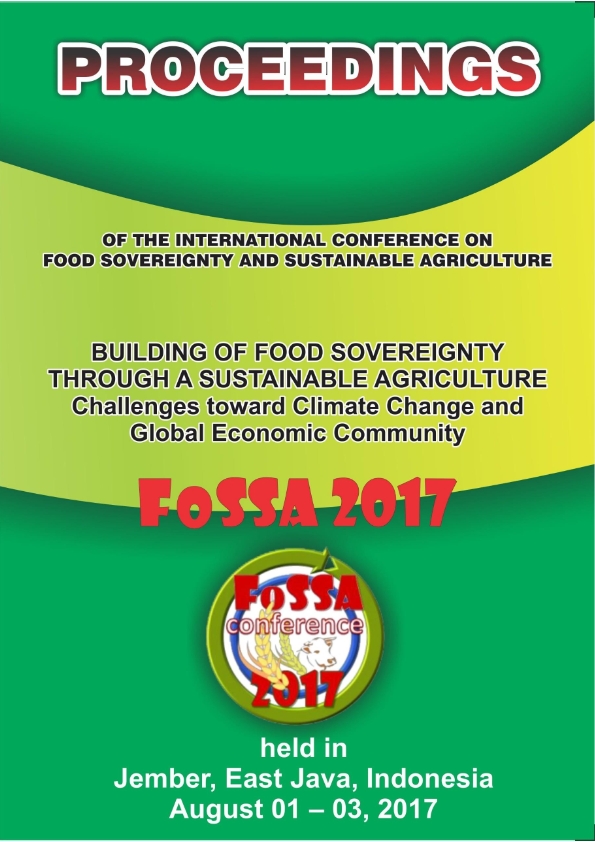SUSTAINABLE AGRICULTURAL SYSTEM FOR FOOD SOVEREIGNTY: EXPERIENCE FROM SMALLHOLDER SYSTEM IN TAIWAN
Abstract
The issues concerning sustainability and viability of the agricultural sector in Taiwan has
been a daunting issues ever since the diversion of the national economy into more centered
on manufacturing and services. In the mean time, Taiwan has faced with ever declining food
self-sufficient rate and became one of the lowest in Asia with a mere 31% by calorie in 2015.
Explanations have been made such as it is a fact that the vast importation is used for animal
feed or food processing, yet, it also reflected the challenges for the agricultural sector. The
major challenges included fragmented and declining farmland size, aging faming population,
increased set-aside and especially low food self-sufficiency rate. As indicated in the recently
released initial census report for 2015, more than 80% of the faming family were cultivating
on less than 1 ha of farmland and the average age of the farm owner-operator was 63.5 years
old. As such, agro-food policy is a national security issue: as it closely link to the welfare of
the stakeholders, farmers, food industry, consumers, future generations. Food sovereignty
perspectives can be an interesting dimension to address the ability of the nation to respond
to the multiple stokeholds involved. Food is a culture, yet it is a dynamic process. Therefore, it
is important to understand the dynamic of food preference and choice over time as the
population structure changes, and how the agricultural sector can respond to it. This report
intended to present recent new initiatives in Taiwan to address these issues.


